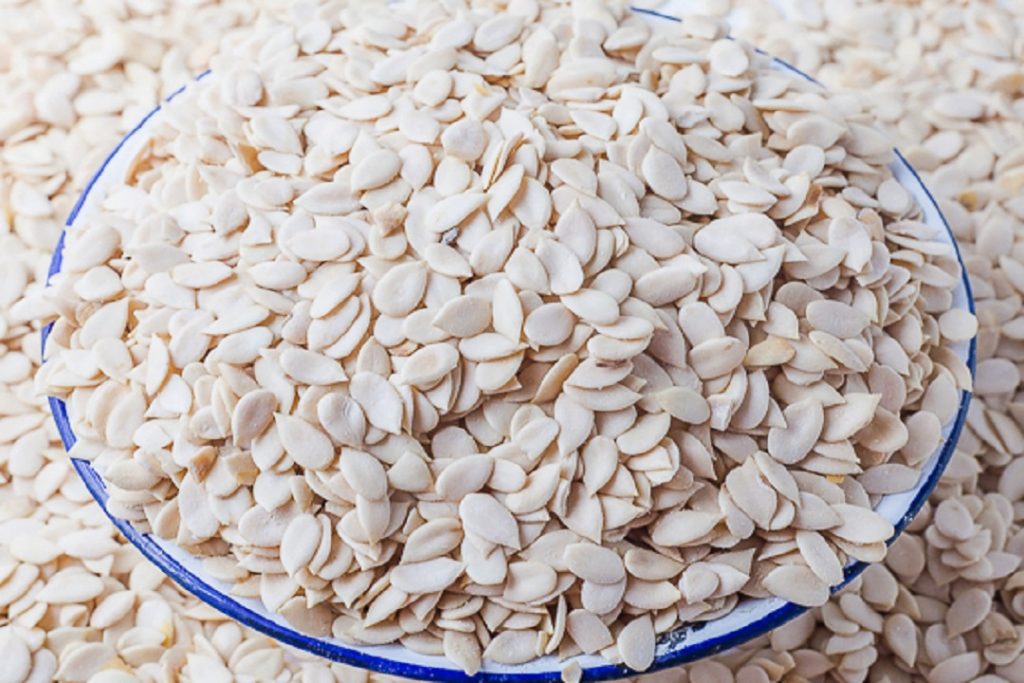INTRODUCTION
Palm oil isn’t just for jollof — it’s at the heart of Nigeria’s agricultural comeback. With
new investments and policy support, states like Edo are leading the red gold revival.
Palm oil — the rich, red staple that gives our egusi, banga, and jollof their signature flavor — is
once again at the center of national attention. But this time, it’s not just about taste. It’s about
economic transformation.
Nigeria’s Lost Glory
In the 1960s, Nigeria was the world’s largest producer of palm oil, contributing over 40% of
global supply. But after the oil boom and poor policy focus, the sector dwindled. Today, Nigeria
accounts for just about 1.4% of global output, with Malaysia and Indonesia dominating the
global market.
Yet, we still consume palm oil — a lot of it.
According to the National Palm Produce Association of Nigeria (NPPAN), Nigeria consumes
roughly 2.1 million metric tonnes annually, but produces only about 1.4 million tonnes, creating a
supply gap of over 700,000 tonnes that’s filled by imports.
The Edo Model: A Red Gold Revival
One of the boldest moves is happening in Edo State, through the Edo State Oil Palm
Programme (ESOPP) — an ambitious initiative targeting over 120,000 hectares of new oil palm
plantations. Supported by development finance institutions like the CBN and Proforest, the
program focuses on:
● Environmental sustainability through proper land mapping
● Youth training and empowerment for modern agricultural practices
● Private sector investment, including players like Presco PLC and Okomu Oil Palm
Company
At the 2025 ESOPP Investment Summit, stakeholders emphasized not just farming, but value
addition — refining, bottling, and exporting — to increase jobs and local economic growth.
“We’re no longer content with just producing. We want to process and export, and ensure our
people benefit across the value chain.” — Summit Delegate
The Roadblocks
● Despite momentum, challenges remain:
● Outdated farming practices and limited mechanization
● Insecurity in rural farming regions
● Access to improved seedlings and fertilizers
● Market volatility and infrastructure deficits
However, efforts from programs like the CBN’s Oil Palm Development Initiative, and
partnerships with the Nigerian Institute for Oil Palm Research (NIFOR), are helping smallholder
farmers with access to finance, seedlings, and extension services.
Why It Matters
● Palm oil goes far beyond soups and stews. It powers:
● Cosmetics and beauty products
● Pharmaceuticals
● Industrial lubricants and biofuels
● Export revenues (especially to West African neighbors)
A thriving palm oil sector means more jobs, stronger rural economies, reduced imports, and
increased foreign exchange earnings.
What This Means for Your Plate
Every time you enjoy a pot of ofe akwu, palm nut soup, or native rice, you’re tasting a product of
a vast economic chain — one that’s finally getting the attention it deserves.
Palm oil is more than a kitchen essential. It’s Nigeria’s red gold — and its future is looking bright



